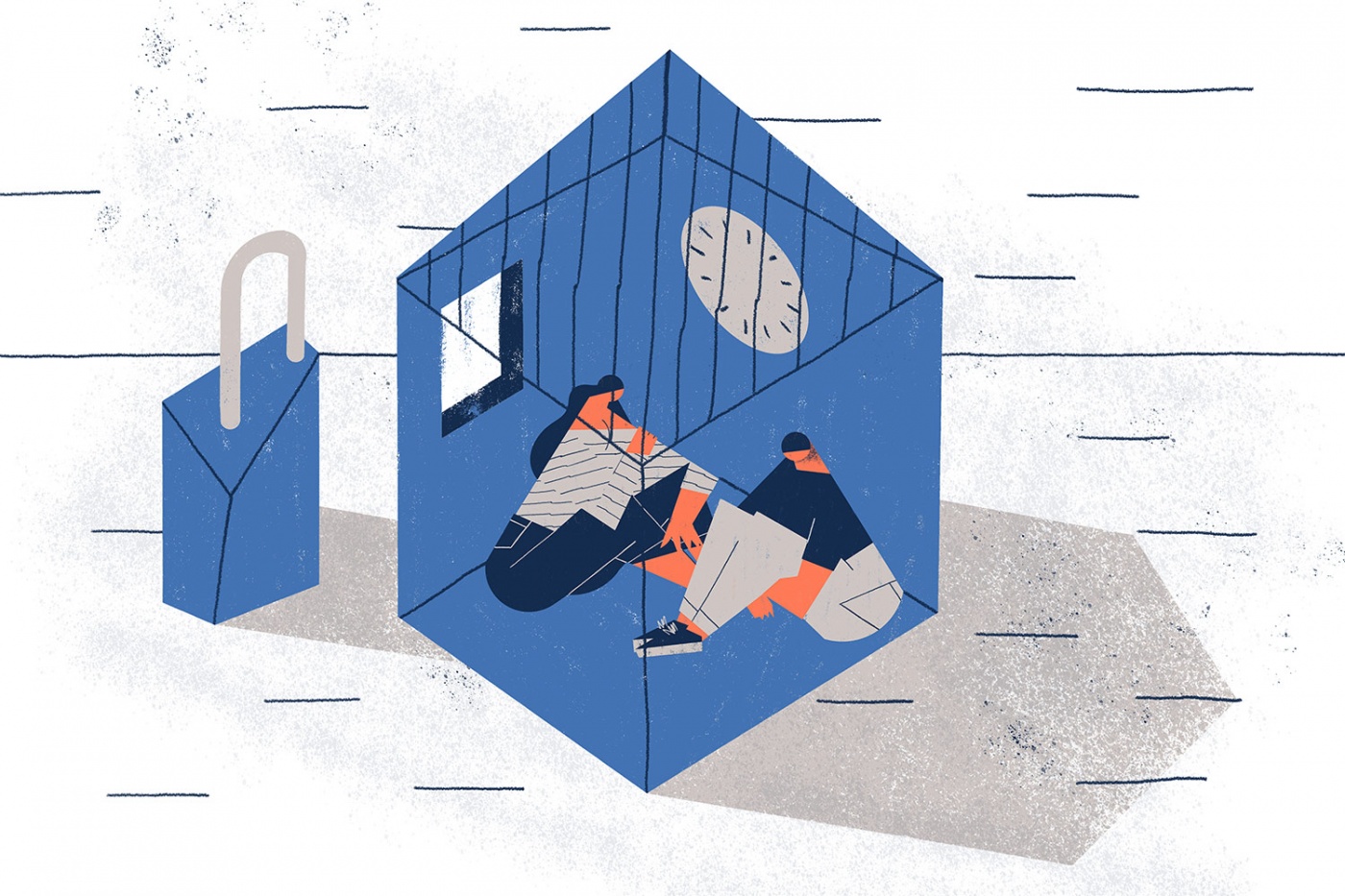What a Pandemic Can Teach Us About Freedom
When I was seven, I was involved in an accident that knocked one of my two front teeth out. I had landed unceremoniously face down on the asphalt road, and the lower half of my face resembled a ghastly Halloween mask. I recall bawling my eyes out as I stumbled home trembling like a leaf and covered in blood, my precious tooth still resting in the palm of my hand. Needless to say, my mother shrieked and almost collapsed at the sight of my lacerations. Thankfully, my front tooth was salvaged by an experienced dentist who glued it back in place, and a few months later, my unprepossessing facial wounds healed completely without scarring.
The reason why I was in that dreadful situation boiled down to one word: ‘Freedom.’ I may not have fully understood the true meaning at that age, but it was an impulse that I instinctively acted upon. It all began with a leisurely bicycle ride around the neighbourhood. After a few circles, I decided to up the ante by taking on an extremely steep slope beside my house. Once I made my way to the top, any semblance of common sense went right out the window. I threw my hands off the brakes, as my bicycle careened down the hill at top speed. This is what flying feels like! This is what it feels like to be free! I thought gleefully, before my bicycle spun out of control. The momentary shock compounded by the pain was not only a sobering experience, but also educational, in that my desire to “fly” should not be muddled with the desire to be free.
As I grew older, freedom took on different forms and meanings. My restless soul saw me escaping Chinese supplementary classes in favour of exploring the vicinity around my school. My classmate Natalie and I would spend hours traipsing through the parks and drains at the back of tall three-storey houses, just to escape the unbearable monotony of Mandarin classes. In my later years, not wanting to be confined to one geographical location, I travelled constantly for work and pleasure: from ambling through the charming streets of Amsterdam ceaselessly without a plan, to meandering around the back alleys of Sicily, to being intoxicated by the spices on display at an Ottoman-era marketplace in Istanbul. I enjoyed leading a peripatetic lifestyle—untethered, like the wind.
Humans throughout history have always longed for freedom. For Sylvia Plath, her desire was to be unshackled from the burden of life, imprisoned by her own mind. In her poem Tulips, she wrote: “I only wanted/ to lie with my hands turned up and be utterly empty. How free it is, you have no idea how free—” For Marjane Satrapi, who wrote the graphic novel Persepolis, the struggle to express herself politically and aesthetically within the confines of an oppressive Iranian society, during the Islamic Revolution, was an uphill battle. And for Maya Angelou, who suffered from sexual abuse at the hands of her mother’s misogynistic lover, used words as a mouthpiece to convey her pent-up emotions. Her poem “I Know Why the Caged Bird Sings” is a poignant cry for liberation from the manacles of racism.
These days, young or old, poor or wealthy, individuals all around the world are grappling with the volatile concept of freedom. Covid-19 has taken away lives at an unprecedented rate, and globally, with many countries imposing lockdown measures, sheltering in place has become a form of “captivity.” At least for me, who is so used to roaming the great outdoors. As I am sitting at home typing this, I crave the freedom to share a kiss with a stranger on a first date, to hug and touch a friend, to sit and eat at a restaurant, to make choices of my own without anyone telling me what I can or cannot do, and more than anything, to not wear a mask in public.
Although these two months are akin to being under house arrest, I have learnt to use this time wisely. I have been reading Jane Austen, perfecting a triple pirouette and rediscovering my creative side by rearranging furniture to create more space. Albert Camus said, “Freedom is nothing but a chance to be better.” Even in times of home isolation, you can strive to grow and improve yourself. Not just personally, but professionally as well. After all, if Isaac Newton could make advances in the field of calculus, research the properties of light and gravity during quarantine from the plague, surely you can do more than produce TikTok videos on how to make dalgona coffee.
Recently, a friend reminded me that we needed to have our autonomy taken away, to truly appreciate its value. And once it’s been returned to us, we will be more intentional and conscious of how we spend our days. As much I pine for physical freedom, I concur with Virginia Woolf that “there is no gate, no lock, no bolt that you can set upon the freedom of my mind.”


